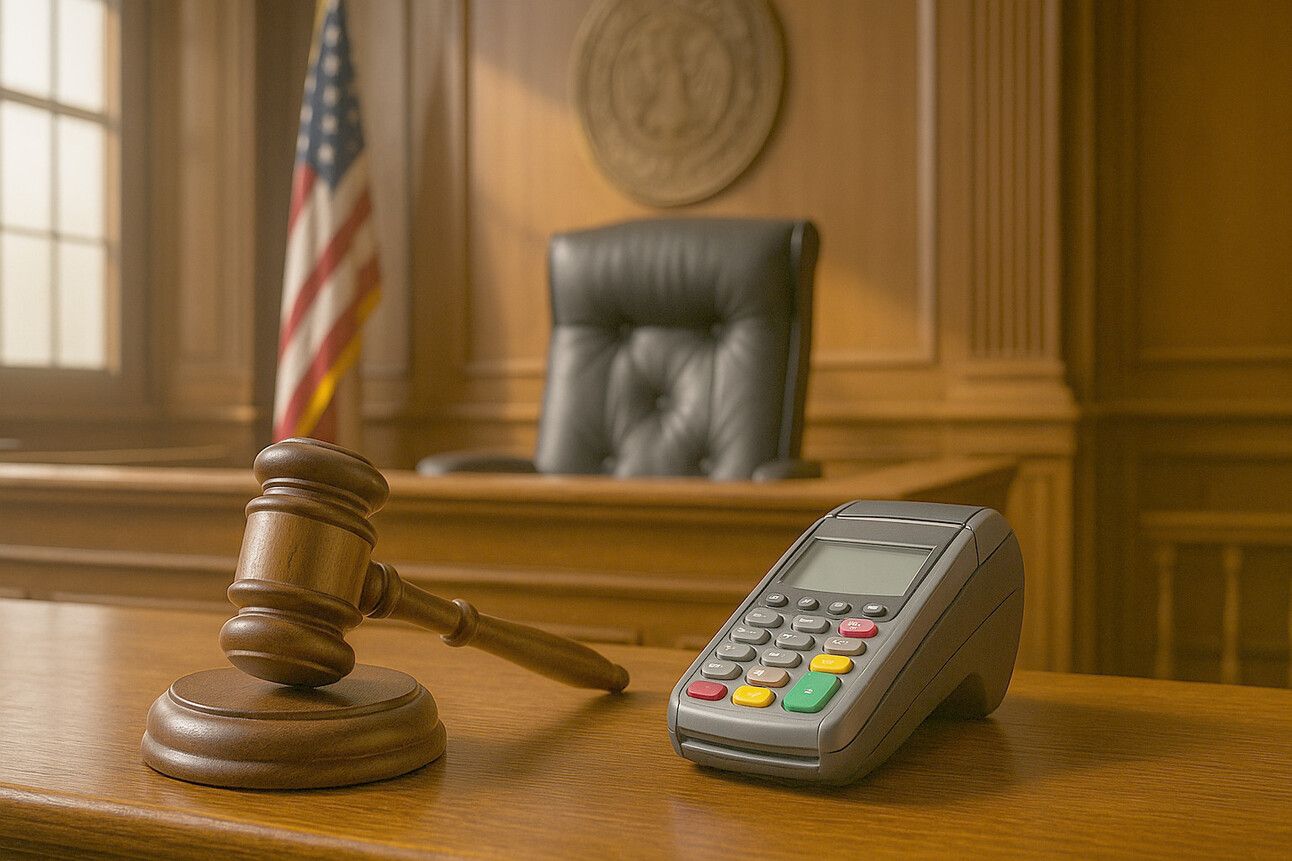- The Frontline Progressive
- Posts
- Your Rights for Sale
Your Rights for Sale
The Supreme Court just put a price tag on your constitutional rights

The U.S. Supreme Court recently handed down a decision that severely limits the power of the people to resist illegal or unconstitutional executive orders from the President. Until now, any one of the 800+ federal judges across the country could block a law or executive order if it appeared unconstitutional. Even a single judge’s ruling could apply nationwide, temporarily halting a policy until the courts sort it out. This was an essential check on runaway power, especially when the other branches of government refused to act.
Those days are gone.
In its recent ruling, the Court determined that federal judges can no longer issue nationwide injunctions. Their decisions now must be limited to the individuals who actually brought the case before them. In other words, people need to prove that they are personally harmed by the new law or executive order. While judges can still declare laws or executive orders unconstitutional, their ability to protect others beyond the immediate plaintiffs has been restricted.
To understand how this works, consider the following scenario: President Trump signs an executive order stating that birthright citizenship is no longer in effect, saying that being born in the United States no longer guarantees citizenship. Clearly, this violates the 14th Amendment, which says that anyone born on U.S. soil and “subject to its jurisdiction” is a citizen. Since it’s unconstitutional, it shouldn’t be enforceable, right?
Think again.
Under the old rules, a federal judge could step in and block that policy nationwide, protecting everyone affected.
Not anymore.
Now, a federal judge can only protect the person or small group that brings the lawsuit. Tens of thousands of others in the exact same situation are out of luck unless they file their own case or join a certified class-action lawsuit. In either case, justice is expensive, slow, and painfully difficult.
Worse, these legal cases only apply within the judge’s district. Instead of a single ruling for everyone, we’ll see a patchwork of conflicting decisions based on location, judge, and legal resources. Meanwhile, a clearly unconstitutional policy might remain in effect in large parts of the country simply because no one can afford to challenge it.
In other words, we live in a free country, but only if you have the money to pay for it.
This isn’t theoretical.
In Missouri, voters recently passed a state constitutional amendment restoring women’s reproductive freedom. But the Missouri Supreme Court said that old anti-abortion laws on the books still stand, and it’s now up to individuals to go to court and prove those laws violate the new amendment. They dared not strike down unconstitutional laws; instead, they put that burden on each individual.
It’s understandable why some might support the Supreme Court’s decision. After all, giving hundreds of judges the power to strike down national laws could lead to legal chaos. However, in addressing that issue, the Supreme Court has created another, far more dangerous one: it has limited the judiciary’s ability to protect the public from unconstitutional government overreach.
This new ruling couldn’t come at a worse time. We are witnessing the collapse of democratic norms. We see politicians criminalize dissent and ban books. Meanwhile, our president openly discusses deporting citizens and calls in the U.S. Marines to patrol our streets. By all accounts, we are teetering on the edge of authoritarianism, or worse.
In times like these, we need the courts to be a shield for the people. Instead, the Supreme Court has neutered the judicial branch, leaving each of us to fend for ourselves.
Increasingly, we realize that fighting for our freedom happens not at the ballot box or in the halls of Congress but in the streets of America. This is not what our founding fathers envisioned for our nation. But here we are nonetheless.
Reply